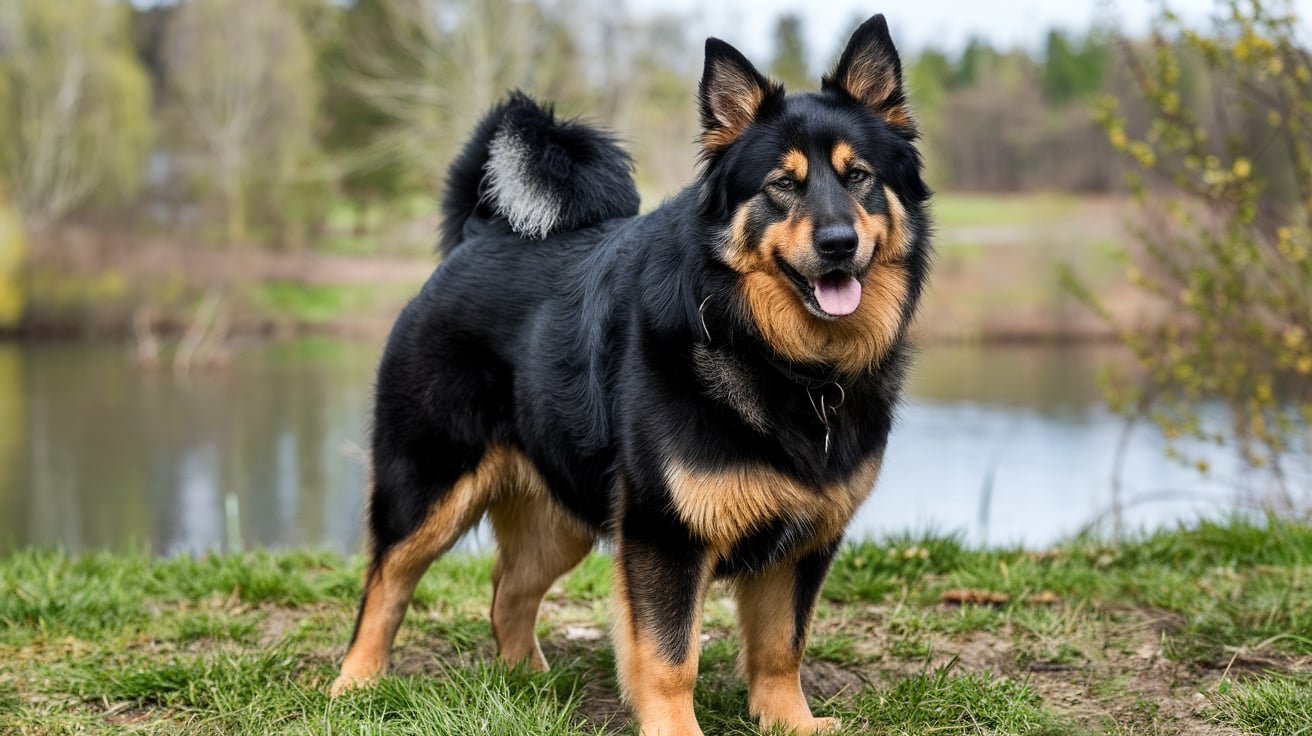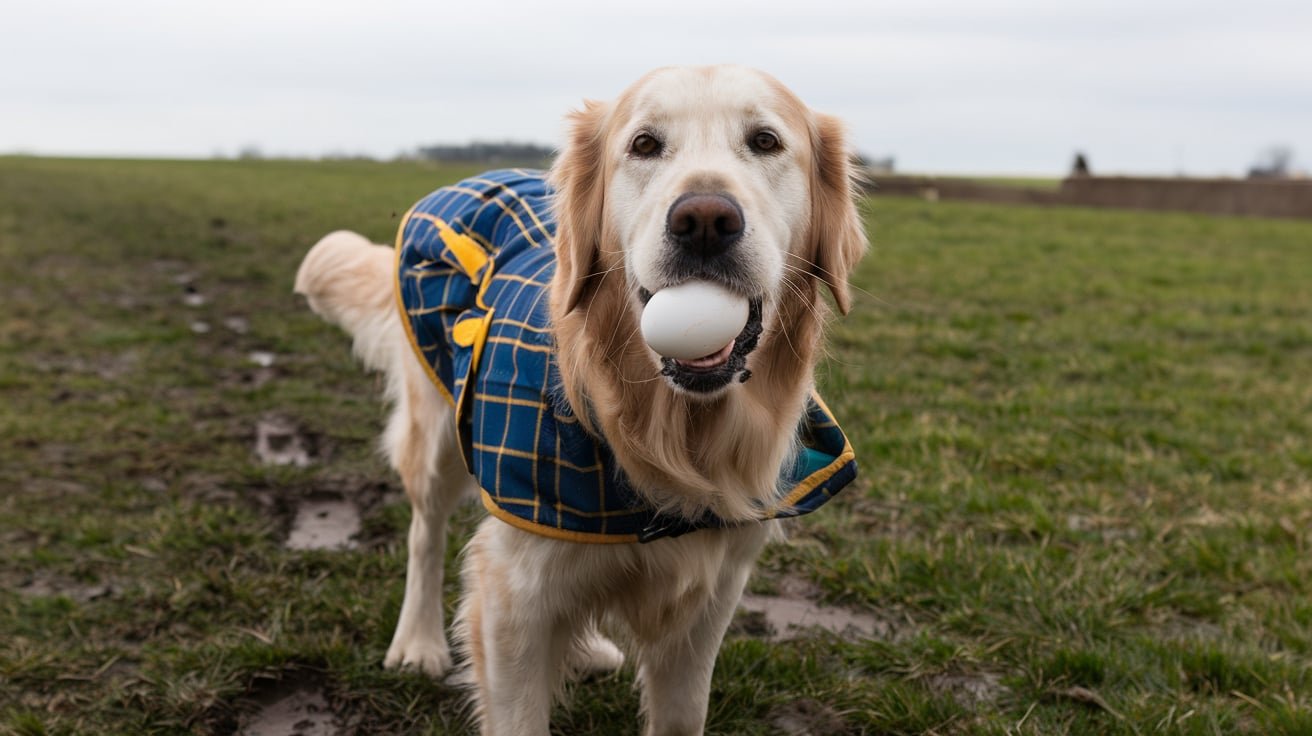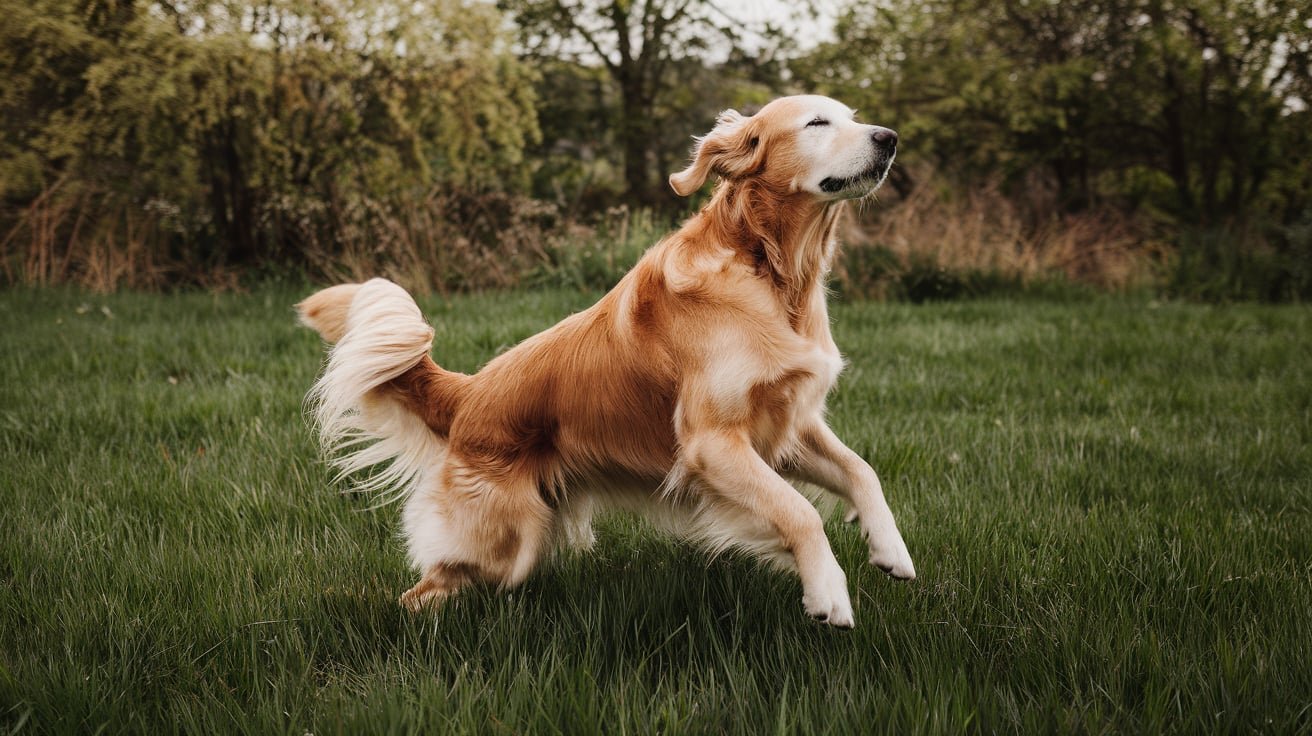Introduction To What Scent Do Dogs Hate?
As a dog owner in the UK, you may have noticed that your dog reacts strongly to certain smells. But what scent do dogs hate the most, and how can understanding this help you create a better environment for your furry friend? In this article, we’ll explore various scents that dogs find unpleasant, how you can use this knowledge to benefit your dog’s training or home life, and why being mindful of certain smells is important for your dog’s well-being.
Why Do Dogs Hate Certain Scents?
Dogs have an incredibly strong sense of smell—about 40 times stronger than humans! This means that they can detect and respond to even the faintest scents. While some smells might seem mild to us, they can be overpowering or even painful for a dog’s sensitive nose. Understanding which smells they dislike can help you avoid causing discomfort or stress.
Scents That Dogs Hate
1. Citrus
Many dogs are known to dislike the strong, sharp smell of citrus fruits like oranges, lemons, and limes. Citrus scents can be too intense for their sensitive noses, which is why you’ll often see citrus-based sprays or oils used as a natural deterrent for dogs. For example, if you want to keep your dog from chewing on furniture or digging in the garden, spraying a bit of lemon juice or orange peel extract around those areas can help keep them away.
2. Vinegar
The sharp, pungent smell of vinegar is another scent that most dogs hate. It’s an effective tool for discouraging certain behaviors like marking or digging. Simply mix vinegar with water and spray it in areas where your dog tends to misbehave. Not only does this help with training, but vinegar is also a safe and non-toxic option for households with pets.
3. Chili Pepper
Chili pepper is not only unpleasant for dogs to smell, but it can also irritate their noses. Dogs who come into contact with chili powder or pepper spray often experience sneezing, discomfort, and even watery eyes. This is why chili pepper is frequently used in commercial dog repellents. If you’re trying to keep dogs away from certain areas of your garden, sprinkling a bit of chili powder can act as a strong deterrent.
4. Alcohol
Strong-smelling substances like rubbing alcohol are highly offensive to dogs. Whether it’s the scent of rubbing alcohol, hand sanitizers, or strong alcoholic beverages, most dogs will avoid these smells at all costs. This can be useful in keeping your dog away from areas where you don’t want them, like countertops or furniture.
5. Ammonia
The smell of ammonia is very similar to urine, and dogs often associate it with the scent of another animal’s territory. For this reason, they tend to steer clear of ammonia-based cleaning products or areas where ammonia has been used. However, be cautious with this as ammonia can irritate a dog’s respiratory system if used excessively.
6. Perfumes and Fragrances
While you may enjoy wearing your favorite perfume, your dog might feel differently. Dogs are often repelled by strong fragrances like perfumes, scented candles, or air fresheners. This is particularly true if the fragrance contains artificial chemicals. It’s a good idea to keep heavily fragranced products away from your dog’s living areas to prevent unnecessary stress.
A Personal Anecdote: My Dog vs. Citrus
Let me share a quick story about my dog, Bella. One summer, I was snacking on an orange in the living room. As soon as I started peeling it, Bella’s nose wrinkled up, and she immediately bolted out of the room. I didn’t think much of it until later when I noticed she avoided the living room whenever I had oranges. I realized that the smell was just too strong for her, and she didn’t want to be anywhere near it! Since then, I’ve made sure to enjoy my citrus fruits in the kitchen, away from Bella’s sensitive nose.
Using Scents to Train Your Dog
Now that you know which scents dogs hate, you can use this knowledge to your advantage, especially in training and behavior correction.
Step-by-Step Guide: Using Citrus as a Dog Deterrent
If you’re trying to stop your dog from chewing on furniture or shoes, a natural citrus spray might be just what you need.
- Mix a Citrus Spray – In a spray bottle, combine 2 tablespoons of lemon juice with 1 cup of water.
- Test the Spray – Before spraying on furniture, test a small amount on an inconspicuous area to ensure it doesn’t stain or damage the material.
- Apply to Problem Areas – Lightly spray the mixture on areas where your dog tends to chew, like chair legs or shoes.
- Monitor Your Dog’s Reaction – Most dogs will avoid the area after smelling the citrus, but be sure to monitor your dog’s behavior to ensure they don’t accidentally ingest any of the spray.
You can follow a similar method with vinegar or any of the other scents mentioned above, depending on what you have available.
When to Avoid Using Strong Scents
While knowing which scents dogs hate can be useful, it’s also important to know when not to use these smells. For example, if your dog is highly anxious, surrounding them with strong, unpleasant scents could make them even more stressed. Likewise, if your dog suffers from respiratory problems or allergies, be cautious when using strong-smelling deterrents like vinegar or ammonia.
Natural Dog Repellents in the UK
If you’re looking for natural dog repellents in the UK, there are plenty of products that use scents dogs hate to help with training or keeping dogs away from certain areas. You can find sprays, granules, and essential oils that are designed to be safe for both dogs and the environment.
- Natural Citrus Dog Repellent: Available on Amazon UK
- Vinegar-Based Dog Deterrent: Buy from Pets at Home
- Chili Pepper Dog Repellent: Check it out on eBay UK
Conclusion: What You Need to Know About Dog-Repelling Scents
By understanding What Scent Do Dogs Hate? , you can create a more comfortable environment for your pet, while also using these smells as a tool for training and behavior correction. Whether it’s citrus, vinegar, or strong perfumes, being mindful of what scents might irritate your dog will help you avoid unnecessary stress or discomfort.
At the same time, using these scents in moderation and in the right contexts can help with things like keeping your dog off the furniture or out of the garden. Just remember to always consider your dog’s individual preferences and needs before introducing any new smells into their environment.
If you found this article helpful, feel free to share it with other dog owners and check out some of the products available online to help manage your dog’s behavior with confidence.



